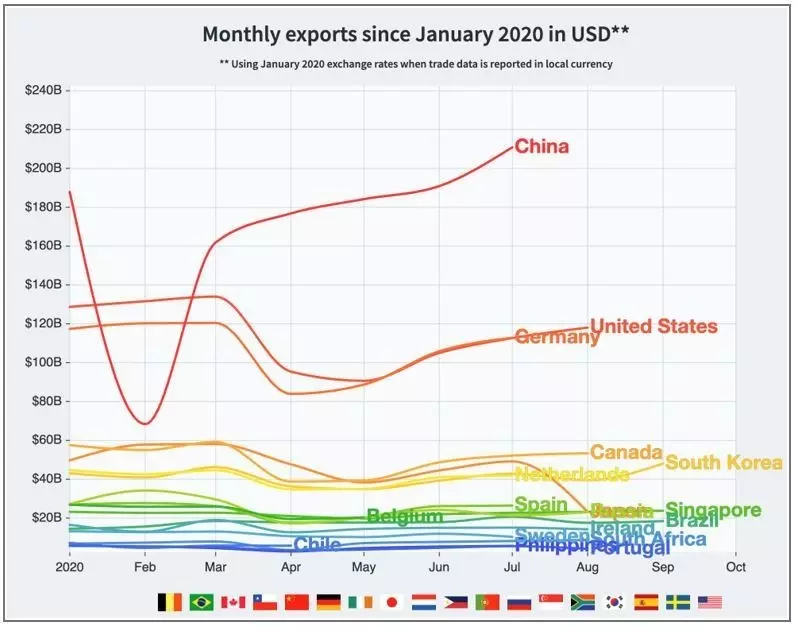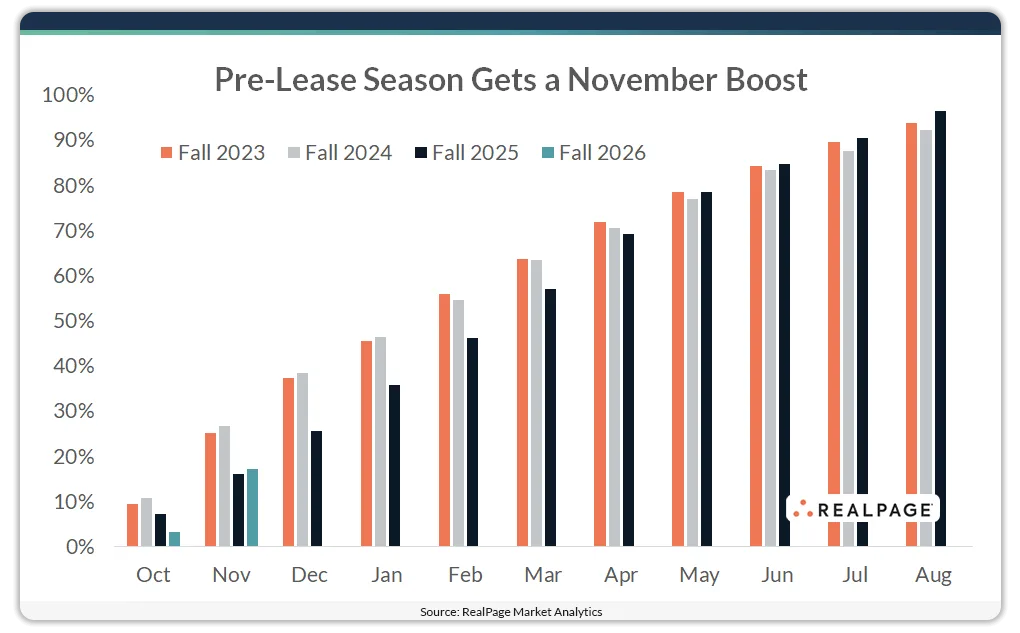The global financial system comprises of several components and today we are dealing with just two of those components; money market and capital markets.
What is money market?
The money market is the trade in short-term debt. It is a constant flow of cash between governments, corporations, banks, and financial institutions, borrowing and lending for a term as short as overnight and no longer than a year.
In Kenya, other than the overnight borrowings which is very common with banks to banks, financial institutions like micro finance lenders, SACCOS and even some banks have broaden the money market by offering mobile loans which are payable within one week, 30 days or 90 days. Some also offer loans which are payable within 6 months to one year. Though expensive, these financial products offer much needed help to individuals who tend to have urgent or abrupt financial need.
What is capital market?
The capital market encompasses the trade in both stocks and bonds. These are long-term assets bought by financial institutions, professional brokers, and individual investors. The Nairobi stock exchange market is the leading stock exchange in Eastern and Central Africa and companies come as far as Ruanda to get listed on the Nairobi stock exchange.
Together, the money market and the capital market comprise a large portion of what is known as the financial market.
Financial Markets: Capital vs. Money Markets
The Money Market
The money market is a good place for individuals, banks, other companies, and governments to park cash for a short period of time, usually one year or less. It exists so that businesses and governments that need cash to operate can get it quickly at a reasonable cost, and so that businesses that have more cash than they need can put it to use.
Key Takeaways
The money market is a short-term lending system. Borrowers tap it for the cash they need to operate from day to day. Lenders use it to put spare cash to work.
The capital market is geared toward long-term investing. Companies issue stocks and bonds to raise money to grow their businesses. Investors buy them to share in that growth.
The money market is less risky than the capital market while the capital market is potentially more rewarding.
The returns are modest but the risks are low. The instruments used in the money markets include deposits, collateral loans, acceptances, and bills of exchange. Institutions operating in the money markets include the Federal Reserve, commercial banks, and acceptance houses.
When a company or government issues short-term debt, it’s usually to cover routine operating expenses or supply working capital, not for capital improvements or large-scale projects.
About Liquidity
The money market plays a key role in ensuring that banks, other companies, and governments maintain the appropriate level of liquidity on a daily basis, without falling short and needing a more expensive loan and without hoarding excess cash that isn’t earning interest.
Individual investors may use the money markets to invest their savings in a safe and accessible place. Many choices are available, including mutual funds that focus on state money market funds, municipal funds, and Kenya Treasury funds. Many of the government funds are tax-free. A money-market fund also can be opened at most banks.
The Capital Market
The capital market is where stocks and bonds are traded. Its movements from hour to hour are constantly monitored and analyzed for clues as to the health of the economy at large, the status of every industry in it, and the consensus for the short-term future.
The overriding goal of the companies institutions that enter into the capital markets is to raise money for their long-term purposes, which usually come down to expanding their businesses and increasing their revenues. They do this by issuing stock shares and by selling corporate bonds.
Primary and Secondary
The capital market is roughly divided into a primary market and a secondary market. A company that issues a round of stock or a new bond places it in the primary market for sale directly to investors or institutions. If and when those buyers decide to sell their shares or bonds, they do so on the secondary market. The original issuer of those stocks or bonds does not immediately benefit from their resale, although companies certainly have an interest in the price of their stock shares rising over time.
The capital market is by nature riskier than the money market and has greater potential gains and losses.
If you have any comment or question regarding money markets or capital market, feel free to send us an email on info@realestatejournalke.co.ke.





